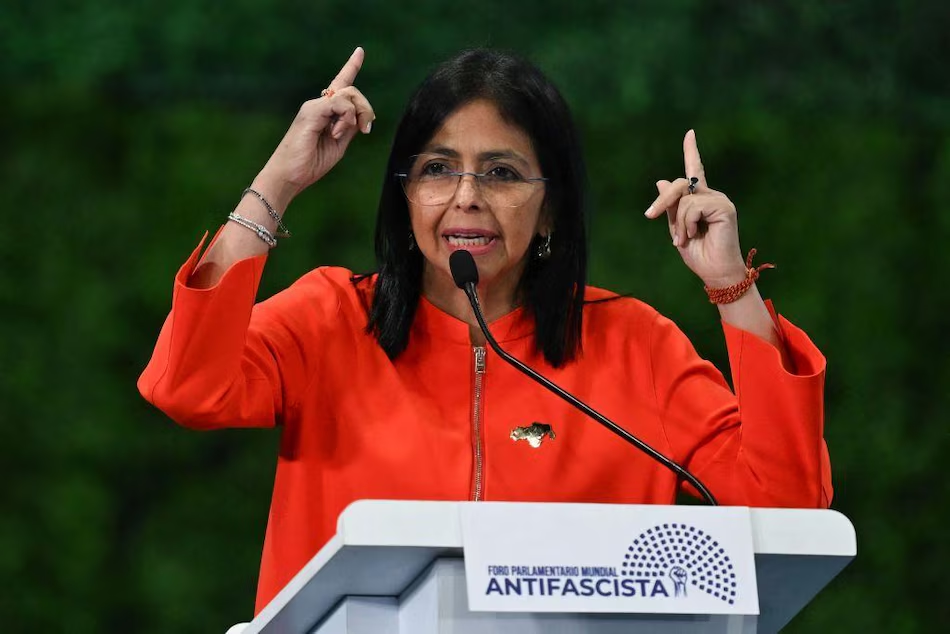Kim Ursu Ambassador to Panama From Canada – Freedom of the Press

Kim Ursu, center, Canada’s ambassador to Panama, reaffirmed her country’s unwavering commitment to freedom of the press and freedom of expression, highlighting the importance of these principles as foundations for democracy and the rule of law. “The fact that press freedom continues to be threatened in much of the world is a problem that concerns all of us who value freedom, democracy and the rule of law,” the diplomat highlighted. In the context of the conversation, Ursu recalled that in 2012 the United Nations (UN) Action Plan on the Safety of Journalists and the Issue of Impunity was finalized. This pact establishes that “the promotion of the safety of journalists and the fight against impunity should not be limited to adopting measures after the events have occurred. On the contrary, prevention mechanisms and measures are needed to resolve some of the root causes of violence against journalists and impunity,” the diplomat quoted. This includes the need to address issues such as corruption, organized crime and an effective framework for the rule of law. She highlighted that in a digitalized world, in which information consumption patterns have been changing, there is also a worrying increase in verbal abuse and harassment on social networks, which often lead to self-censorship by journalists, as well as the increase in violence against women and minorities.
“As a country with a feminist foreign policy, Canada believes it is important to consider how threats to press freedom affect women journalists and those who experience other forms of marginalization,” she said. In the case of female journalists, Ursu commented that they are disproportionately the target of harassment and violence, facing multiple and intersectional discrimination based on various personal characteristics. Likewise, she recalled that female politicians or candidates suffer from violence. This was evidenced in monitoring carried out by the Pan American Institute of Law and Technology (Ipandetec) during the last electoral campaign in Panama, an initiative supported by the Canadian Embassy. “This type of violence seeks to silence the candidates and thus threatens freedom of expression,” I emphasize. During the aforementioned monitoring period, 108,759 comments were reviewed on Instagram and 5,987 on X (formerly known as Twitter). Of this total, approximately 2,488 comments on Instagram and 493 on X were identified as violent. “As we have made clear many times, press freedom is a clear priority for the Canadian government and is a principle that is important to support around the world,” she stressed.





